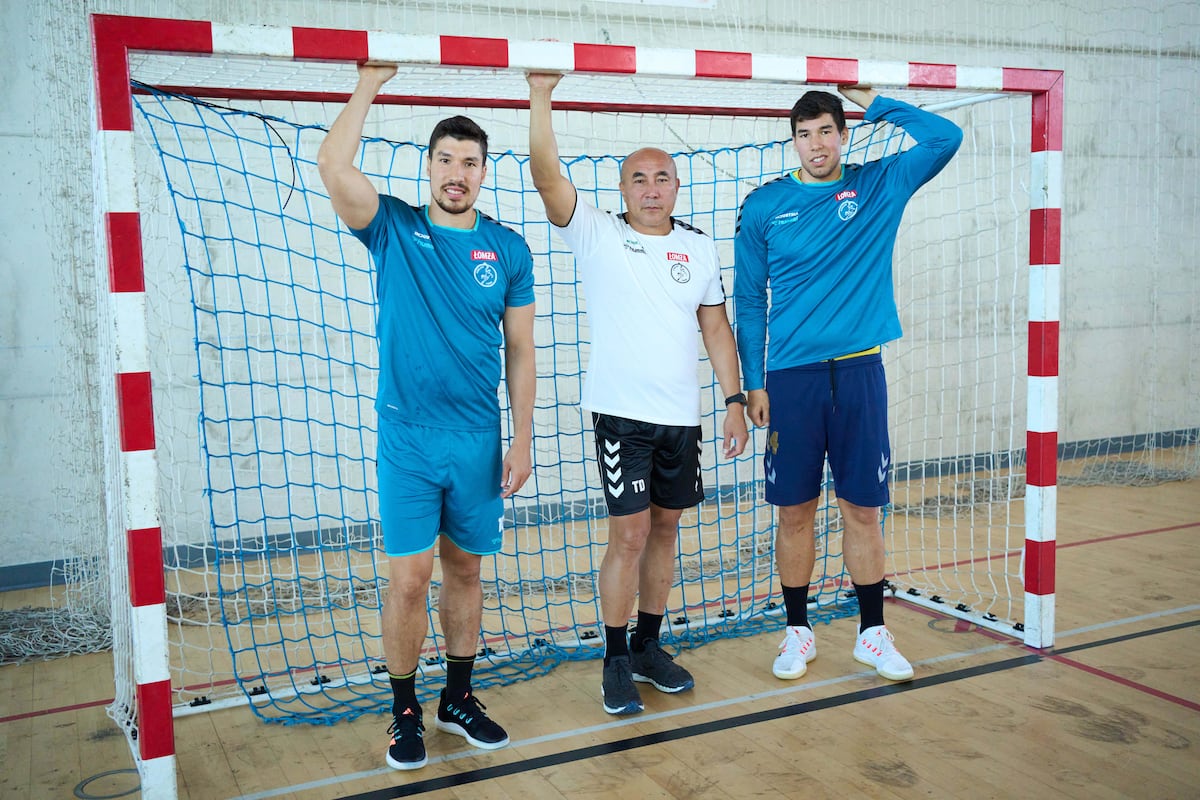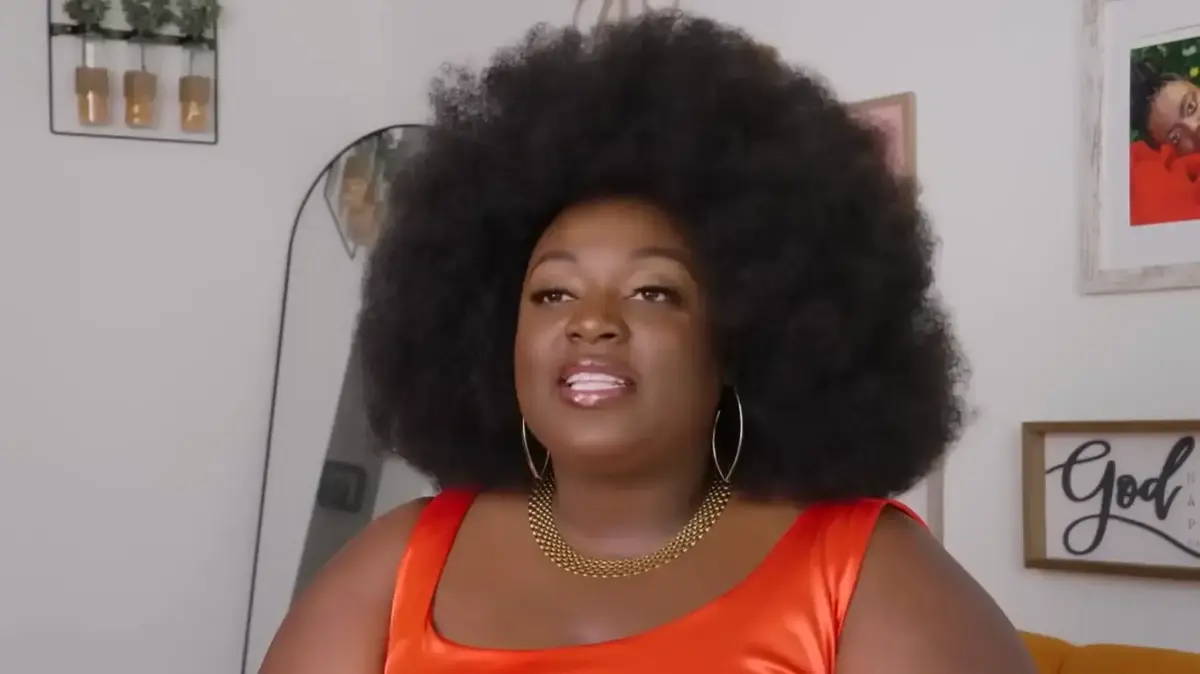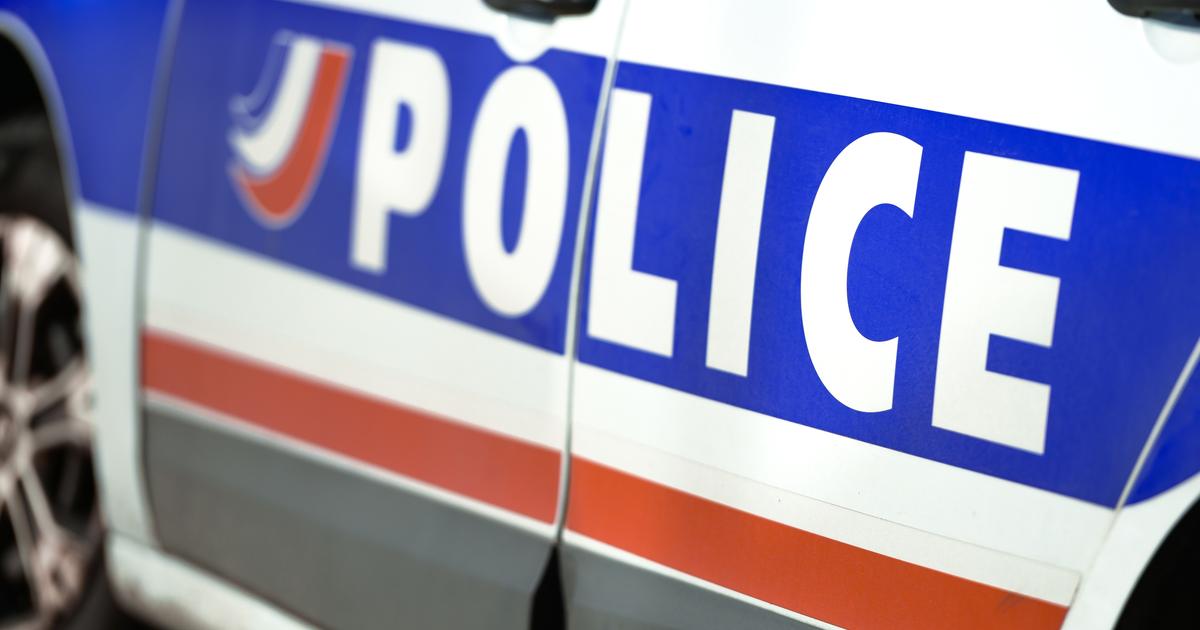Álex Dujshebaev (Santander, 30 years old) and his brother Dani (Santander, 25) return to a great tournament with the national team in the Handball World Cup that begins this Wednesday in Poland and Sweden (until January 29) after their injuries in the European one year ago.
References for the present and future of the team, both are sons of the legend Talant (Frunze, Kyrgyzstan; 54), who also trains them at Kielce (Poland), the European runner-up in search of sponsors to continue in the elite.
The three assure that they never sought to get together, but, according to the father, it is "a gift from God" that it has happened.
EL PAÍS has chatted with the three about their origins, their coexistence and their way of understanding sport.
Question.
Talant, have you wanted your children to be like you as a gamer?
Talant.
Never.
I have been able to tell you what it was like, but I have not demanded that.
They have very different conditions.
Álex is more alike, although he is left-handed and thinks differently.
Alex.
Left-handers, in general, develop other parts of the brain.
We have grown up in a right-handed world and it has been time to reinvent itself.
T.
I was a son of a bitch on the track, but outside I was different from the image that was of me.
Dani was always very big (now 1.97).
He didn't have the need, he was too good.
Álex (1.87) had to fight a little more, but he was left-handed and he understood the game differently.
He grew up in Ciudad Real and I in Kyrgyzstan, where there was no handball.
Álex, tactically, is a thousand times better than me.
And Dani, at his age, is better than me.
Do you remember when a journalist asked Johan Cruyff if Jordi could be a megacrack?
He replied no, because he had never had the need.
My children may earn more than me, but they will never have that character out of necessity.
They are well educated people, they are not going to kill anyone sportingly.
I do.
They are much better people than me on the field because they have never had the need to break their horns.
Dani.
Now the time is also different.
It is impossible to find a Dennis Rodman, kill or be killed.
It is clear that we do not have that character, but it is something that has been lost, in general, by the rules.
Now you provoke a brawl and all the cameras see it, sanctions fall on you and the press eats you up.
T.
Everything has been civilized.
I can't say this because it's frowned upon, neither is this... Foul play no longer exists.
It is not the way to compete, but to live and be.
Be careful, they are very competitive, they have won a lot, but that spark of the underground game has disappeared.
A.
Being with my father has made me understand many things in a different way.
He's a little different, more energetic, and I love it.
Beyond tactics, his teams are very fighters.
"I don't want to imagine what my father would experience in the USSR"
Dani Dujshebaev
Q.
Talant, can you now say the same thing that they said to you?
T.
I say everything, blood does not allow me anything else.
If I get angry with someone, at first I keep quiet because I've learned that many mistakes are made when hot, but then, in a more civilized way, I tell them so.
And the cameras that get into everything annoy me, they take away a lot of things that we want to say.
They force you to be the Dalai Lama.
Hey, please, we're not all the Dalai Lama.
But in the locker room, alone, no.
Now everyone wants 22 tiki taka players, clean, playing... I have to beat you and, if I'm worse, I have to do other things.
Of course, without doing damage.
Now messages are sent through networks.
Come on man…
D.
There will be people who like Mourinho and others, Guardiola.
I like Mourinho.
And I admire Simeone.
The first few years I pushed you to the limit.
I admire him for the sacrifice [of his players] for his coach.
I have coincided with few technicians who are very different from my father.
I guess the next generation will come later.
You can't ask someone they haven't stopped insulting to get the best of him to be something else.
I don't want to imagine what my father would experience in the USSR.
T.
All that is good for a Scandinavian or a German is death for a Russian.
And vice versa.
Danish or Swedish, all smiling, when I often find it ridiculous.
I am much calmer than my father, but when that soon comes out, it does so at very high peaks
Alex Dujshebaev
A.
My father is very tough, but he also knows how to measure when the dressing room needs wide sleeves.
You can't have 20 guys all season at their peak.
There are ups and downs.
In that I give an example.
T.
Inside the 40x20, they are all my children.
But outside, in the family, and I like that, we don't talk much about handball.
Of course, when I was little, Dani was the one who my wife and I gave him the most fights.
He was born big, he was too good.
He now he is turning into a pitbull.
Before he was a Yorkshire puppy.
A.
My father wants that player to whom he tells that he must throw himself against that wall to break it, and he does it without question.
He looks for that profile.
I am much calmer than him, but when he goes out that early, he does it at very high peaks.
Álex, Talant and Dani, in the Guarnizo pavilion (Cantabria), last August.Juan Manuel Serrano Arce
Q.
Álex, Dani, how have you experienced the mixture of origins?
They have grown up in Spain and their parents, in the former USSR.
A.
The more diversity, the better.
It gives you a personal way of looking at things.
I have grown up in Spain and your family does not always see life in the same way.
They are different experiences.
D.
I have never thought about it.
I have been on both sides and also our parents have told us many things, but that mix is normal for me.
T.
When they were children, we would go there, we would stay at my in-laws' house and, if you asked them what was going on, they would tell you that it was fine, but when would we return?
They have never considered that their home.
Q.
Talant, what has weighed more in your children's education: their origins or the world you met in Spain?
T.
I felt very happy there, but then, when I was 16, 17 and 18, with Perestroika, I began to see many problems.
Sport was a way out.
I only saw my parents in the morning and at night, they worked continuously.
And when I arrived in Santander, in 1992, I could spend all day with my son [Álex].
At the beginning, my goal was to spend three or four years, earn money and return to Moscow to start a business.
But 95, 96, 97 were too dangerous there.
We, during the disappearance of the USSR, did not even realize it.
We were concentrated in a forest for a month and you didn't know what was happening.
Television was not like now, with 20 million channels.
Democracy is the first step towards anarchy.
I like players with opinions, but there is a system
Talant Dujshebaev
P.
Talant, Juan de Dios Román liked you because you discussed his decisions.
Now he allows it?
A.
She doesn't like him that much.
I'm not going to say he doesn't listen, but he is a very fixed-minded coach.
He plans and prepares a lot.
T.
I always say: be careful, democracy is the first step towards anarchy.
Democracy has to be a mix between dictatorship and democracy.
I prefer soldiers.
I like to have players with their opinion, but there is a system.
When we all speak the same language, there is no problem.
The best example is the Spanish federation.
Maybe we Spaniards don't have that much talent, but we do have a coaching school.
You see very large teams in front of you, but they don't know how to apply these methods, that wisdom of our technicians.
In the eighties, in Spain, information was collected from Soviet, Romanian, Yugoslav, Polish, German coaches... Juan de Dios, Domingo Bárcenas, Juantxo Villarreal, García Cuesta were the pioneers.
And with the following ones they were doing a mixture of all the schools.
D.
The foreign coaches also ask the players who leave here about specific situations to find out how they resolve them.
It is what is giving success.
The Nordics, on a physical level, are much better, and that is also coming to Spain.
Before you saw them lifting weights and for us it was unthinkable.
P.
Álex, did the last Champions League final change anything [the penalty that gave Barcelona the title was missed]?
A.
It hurts a lot at first, but it hasn't changed my character.
It is part of learning.
The only thing is that being in the Champions League final, there is a very long
impasse
until the competition returns.
You have that little thorn and you still think about it more.
When you lose in a World Cup, the next day you have another game.
All this makes you value more when you have done well.
The 18 summoned by Jordi Ribera
Goalkeepers:
Gonzalo Pérez de Vargas (Barça), Rodrigo Corrales (Veszprém).
Center backs:
Agustín Casado (Melsungen), Ian Tarrafeta (PAUC).
Left-backs
: Daniel Dujshebaev (Kielce), Joan Cañellas (Kadetten).
Right-backs:
Álex Dujshebaev (Kielce), Jorge Maqueda (Nantes), Imanol Garciandia (Pick Szeged).
Left wingers:
Ángel Fernández (Limoges), Daniel Fernández (Stuttgart).
Right wingers:
Ferran Solé (PSG), Kauldi Odriozola (Nantes).
Pivots:
Gideon Guardiola (Lemgo), Adriá Figueras (Chartres), Iñaki Peciña (Chambéry), Abel Serdio (Wisla Plock).
Defensive specialist:
Miguel Sánchez-Migallón (Kielce).
Calendar
First phase:
Montenegro (Thursday 12), Chile, (Saturday 14) and Iran (Monday 16).
All at 8:30 p.m.
Three are classified and drag the points achieved against the teams that also pass.
Main round:
Wednesday 18, Friday 20 and Sunday 22. Against the first three of group B (France, Poland, Saudi Arabia and Slovenia).
Two pass.
Rooms:
Wednesday 25.
Final phase:
Semifinals (Friday 27).
Third and fourth place (Sunday 29, 6:00 p.m.).
Final (29, 20.30).
All for Tdp.
The champion gets the ticket for the Games.
From second to seventh, position for the pre-Olympics
All the groups
Group A:
Spain, Montenegro, Chile and Iran.
Group B:
France, Poland, Slovenia and Saudi Arabia.
Group C:
Sweden, Brazil, Cape Verde and Uruguay.
Group D:
Iceland, Portugal, Hungary and South Korea.
Group E:
Germany, Qatar, Serbia and Algeria.
Group F:
Norway, North Macedonia, Argentina and the Netherlands.
Group G:
Egypt, Croatia, Morocco and the United States.
Group H:
Denmark, Belgium, Bahrain and Tunisia.
You can follow EL PAÍS Deportes on
and
, or sign up here to receive
our weekly newsletter
.
Subscribe to continue reading
Read without limits
Keep reading
I'm already a subscriber


/cloudfront-eu-central-1.images.arcpublishing.com/prisa/LBM66KQSSNED3ENKVDPGTMUMLQ.JPG)
/cloudfront-eu-central-1.images.arcpublishing.com/prisa/ZHE3KZGX3VHINBISBUJJB436HY.jpg)
/cloudfront-eu-central-1.images.arcpublishing.com/prisa/BG7BVPESONILNCKYFDJIRRUE6I.jpg)


/cloudfront-eu-central-1.images.arcpublishing.com/prisa/63IZKYAU75BVXF4OCHSR7DD2LM.jpg)

/cloudfront-eu-central-1.images.arcpublishing.com/prisa/RM4UYORTLVHTRMI572ZI33NWZ4.jpg)